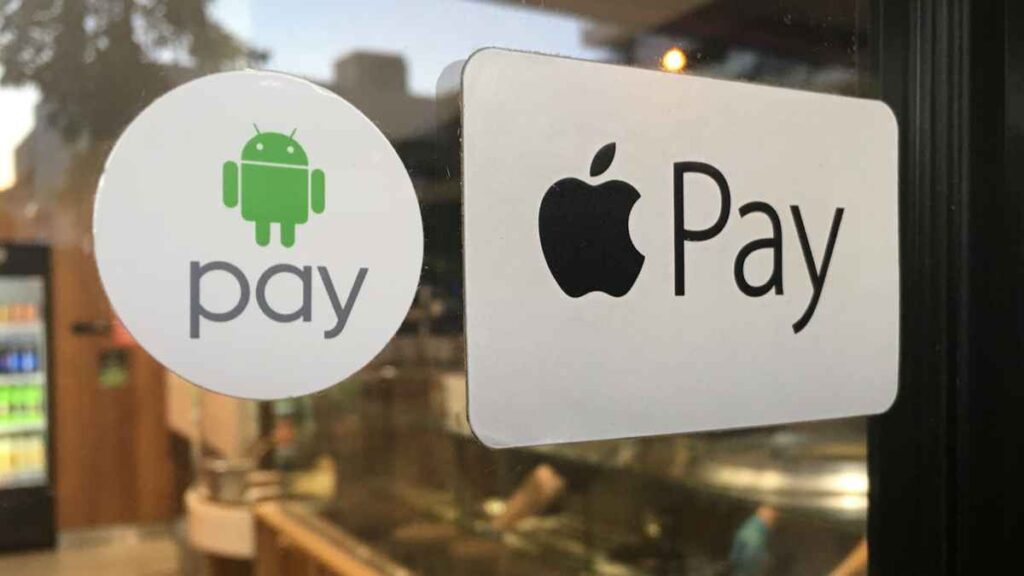Australian authorities raise concerns against Apple NFT prohibitions

Australia’s parliamentary joint committee on corporations and financial services vocalized concerns around Apple’s business conduct in relation to prohibiting NFC chips incorporated into its device from being utilized for Apple Pay.
Australian banks are required to deliver a monetary fee to the iOS developer to obtain access to its Apple Pay feature. In parallel, numerous rivals such as Google, in the mobile payment and digital wallet fields do not demand similar measures to use Google Pay.
The committee’s position concerning Apple’s third-party NFT chips block was elaborated in full details in its finding documentations, highlighting the company’s role in refuting Australia’s mobile payment and digital wallets guidelines.
“The committee notes the imbalance in bargaining power between payment platform providers and other participants in the payment ecosystems. Nevertheless, the observation that the market power of digital wallet platforms, such as Apple Pay and Google Pay, is causing banks to be price-takers may not automatically trigger the need for regulations,” the committee stated in its findings.
“Such situations are common in modern capitalist economies like Australia and within the payments system, specifically … the case for regulating the market power of digital wallet platforms would need to establish that is different or is creating more problems than other situations of market power in the payments system,” the document added.
From its stance, the parliamentary committee expressed its intentions of referring the case to the Australian Competition and Consumer Commission (ACCC) to uphold and manage any future regulatory recommendations on the matter.
In any case, when the committee invited the ACCC to initiate its own examination into Apple’s NFT chips in relation to the country’s online payment policies, leading the way for regulatory watchdogs to “draw on lessons from other jurisdictions.”
In parallel, the committee also reached out to the Australian Securities and Investments Commission (ASIC) and gave it sole authority in making ePayments Code obligatory to all industry contributors.
The ePayments code functions in a regulatory aspect towards electronic payments such as ATM, BPay, Eftops, in addition to credit or debit card transactions, online payments, and internet and mobile banking.
Matt Comyn, CEO of Commonwealth Bank of Australia (CBA), protested under testimony to the Committee how Apple does not deliver banks with the needed access to its NFC antenna. He further went to the Big Tech giant by criticizing the company strategic tactics of abusing its market supremacy to oblige banks to submit fees to obtain access to its financial platform.
In addition, two months later, CBA revealed that Apple reached a damaging point where it has 80 percent of market share in the digital wallet ecosystem.
